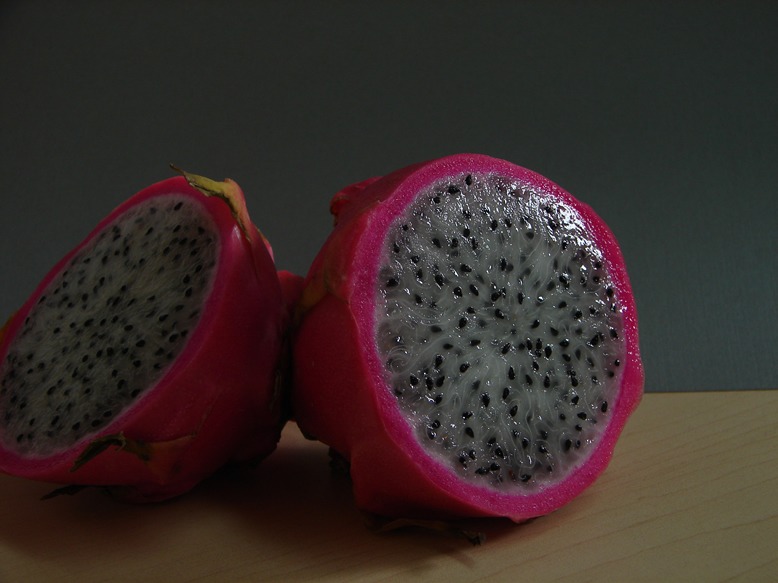
December 3, 2019; Guardian
The art world raised the bar this week with news that the 2019 Turner Prize will be split between the four nominees, per their request, in a show of solidarity. In their statement to the judges, the artists—Lawrence Abu Hamdan, Helen Cammock, Oscar Murillo, and Tai Shani—write,
At this time of political crisis in Britain and much of the world, when there is already so much that divides and isolates people and communities, we feel strongly motivated to use the occasion of the prize to make a collective statement in the name of commonality, multiplicity and solidarity—in art as in society.
The Turner Prize, which aims to be Britain’s visual arts equivalent to the literary Booker Prize, is awarded by London’s Tate Museum not for lifetime achievement, but for recent developments or breakthrough work. It was first awarded in 1984, with a goal to assist the museum in acquiring new works. The public may submit nominations to be considered along those of the judges.
The Guardian’s Mark Brown notes, “This year’s Turner prize has been one of the most political in its history with work exploring themes of migration, patriarchy, torture and civil rights. The artists asked judges not to pit those subjects against each other.”
Sign up for our free newsletters
Subscribe to NPQ's newsletters to have our top stories delivered directly to your inbox.
By signing up, you agree to our privacy policy and terms of use, and to receive messages from NPQ and our partners.
People are always asked to compete with each other for scarce resources. It’s great to see people disrupt that.
Apparently, the artists had never met before. Yet, without meetings, strategies, or theories of change, they were clear about their values—commonality, multiplicity, and solidarity. These may be the values of the future.
The Tate’s director, Alex Farquharson, reports that the judges were “overwhelmingly excited” by the request and artists had given them a lot to think about.
They should give us a lot to think about, too. —Cyndi Suarez













